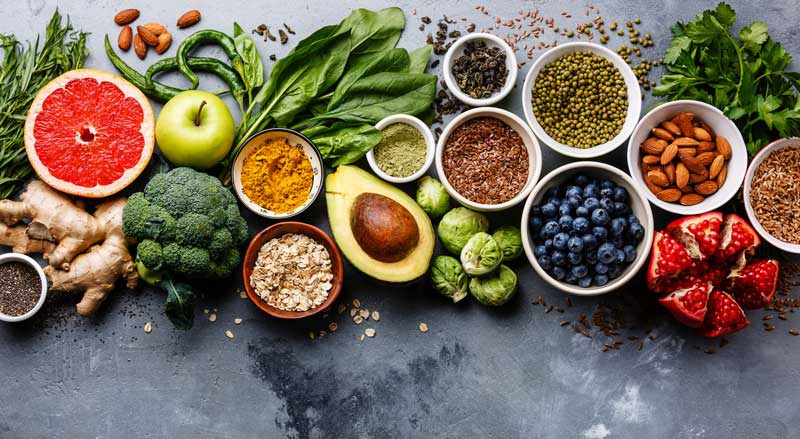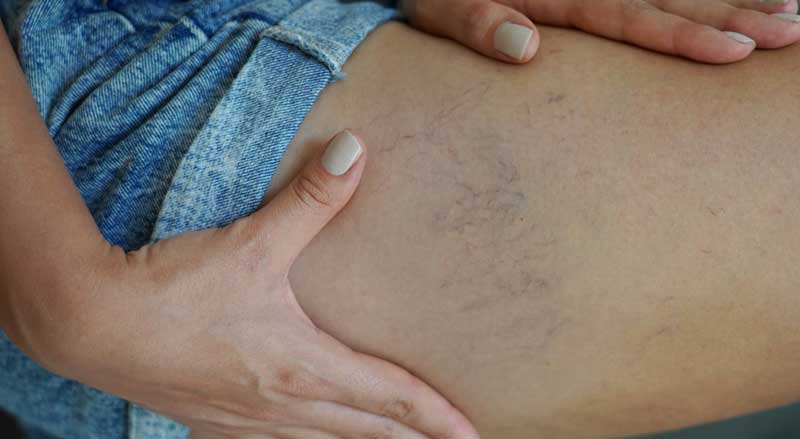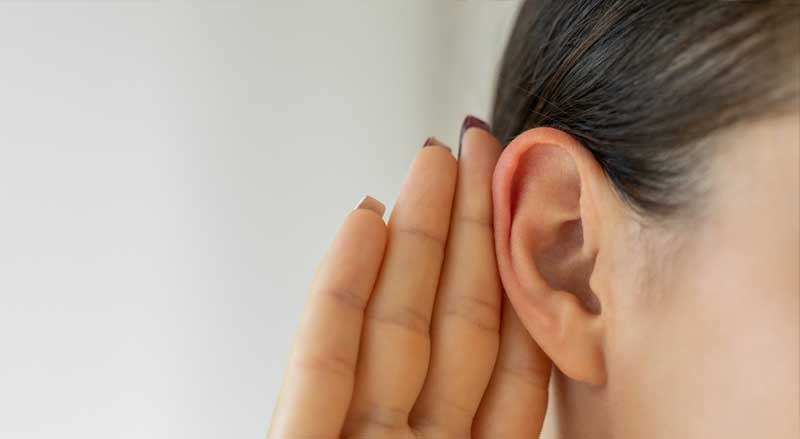Some foods make more of an impact on vein health than others. That is why we have compiled a list of the best power foods to eat for your circulation.


Some foods make more of an impact on vein health than others. That is why we have compiled a list of the best power foods to eat for your circulation.

The sun’s rays play a vital role in sustaining life on Earth by providing essential warmth and light. However, excessive exposure can have detrimental effects on our skin. Finding a balance allows us to enjoy the sun’s benefits while minimizing...

Spider veins are small veins that appear in clusters, resembling spiderwebs or tree branches. While spider veins are not a medical concern, many individuals treat them for cosmetic reasons. Are you wondering why you are suddenly seeing spider veins? Find...

Do your legs feel achy or stiff at the end of the day? Do you experience unexplained leg pain? If you haven’t made any substantial changes to your daily routine, or if you’re getting older, circulation health could be to...

Self-care simply refers to taking care of ourselves so we can be the best version of ourselves. Self-care should be part of everyone’s life. We all deserve it. The American Psychological Association even encourages mental health professionals to practice self-care...

We all understand the importance of being good listeners. Actively listening to others creates trust, collaboration, and prevents misunderstandings. But how many of us listen to what our bodies are trying to tell us? Learn how to understand your body...